Keith Jarrett, Dennis Russell Davies - Mozart - Piano Concertos, Masonic Funeral Music, Symphony In G Minor (1996)
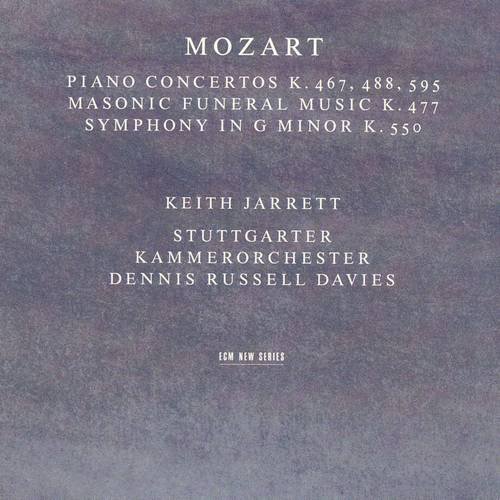
Artist: Keith Jarrett, Dennis Russell Davies
Title: Mozart - Piano Concertos, Masonic Funeral Music, Symphony In G Minor
Year Of Release: 1996
Label: ECM New Series
Genre: Classical
Quality: FLAC (tracks+.cue,log,scans)
Total Time: 02:10:48
Total Size: 612 Mb
WebSite: Album Preview
Tracklist: Title: Mozart - Piano Concertos, Masonic Funeral Music, Symphony In G Minor
Year Of Release: 1996
Label: ECM New Series
Genre: Classical
Quality: FLAC (tracks+.cue,log,scans)
Total Time: 02:10:48
Total Size: 612 Mb
WebSite: Album Preview
CD 1:
Concerto for Piano and Orchestra
No. 23 in A Major K.488
01. Allegro
02. Adagio
03. Allegro assai
Concerto for Piano and Orchestra
No. 27 in B-flat Major K.595
04. Allegro
05. Larghetto
06. Allegro
CD 2:
01. Masonic Funeral Music K. 477
Concerto for Piano and Orchestra
No. 21 in C Major K.467
02. Allegro maestoso
03. Andante
04. Allegro vivace assai
Symphony No. 40 in G Minor K.550
05. Molto allegro
06. Andante
07. Menuetto (Allegretto) - Trio
08. Allegro assai
Performers:
Keith Jarrett - (piano)
Stuttgarter Kammerorchester
Dennis Russell Davies - (conductor)
Keith Jarrett evidently has carte blanche to do anything he wants at Manfred Eicher's ECM label -- and thus encouraged, he takes ample risks in a field that is swamped with able and formidable competitors. Mozart's piano concertos may be relatively easy to play but they are notoriously hard to interpret -- that's where the true music-making comes in -- and brave intentions aside, Jarrett cannot do very much with this music beyond playing the notes accurately and cleanly. He brings nearly nothing of his own to the "Concerto No. 23"; much of it is precious and monochromatic, though he finally does generate some animation in the "Finale." Jarrett's tempo for the opening movement of the "Concerto No. 27" isn't out of line, it just seems much slower than it actually is due to his stolid, doggedly literal playing; the larghetto is actually a bit fast, and the rondo lacks point and wit. The adagio movement of the "Concerto No. 21" has the tune that became famous after being used in the film Elvira Madigan yet Jarrett resists poetry of any kind, pounding out the chords in the left hand stiffly. Next to Artur Schnabel's old yet still-treasurable recordings of pointed, imaginative eloquence -- or Daniel Barenboim's renderings of expression and depth -- Jarrett is simply a non-starter in numbers 21 and 27. Another problem is the way Jarrett's piano is miked; it sounds distant, with little in the way of dynamic contrast, surrounded with a slight halo of reverb. One wonders if the engineering is actually fighting Jarrett's sporadic attempts to characterize the music. Dennis Russell Davies and the Stuttgart Chamber Orchestra come off somewhat better in the deal, with streamlined, flowing, somewhat soft-focused introductions influenced ever so slightly by period-instrument bowing practices that became prevalent in the late 20th century. But at least they use modern instruments, for which many now turned off by grating period-instrument recordings should be thankful. The two-CD set is filled out by Davies leading sturdy, moderately paced, very well-played performances of Mozart's magnificent "Symphony No. 40" and the dolorous "Masonic Funeral Music."
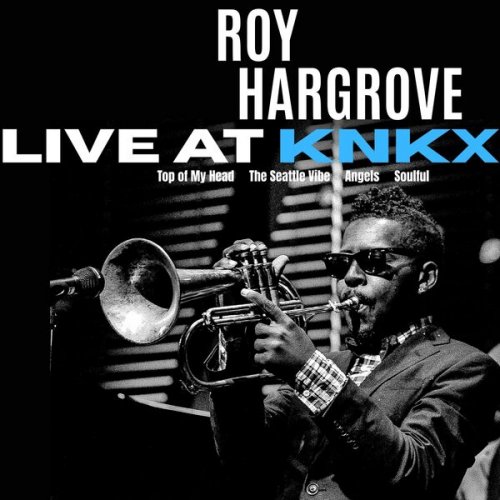
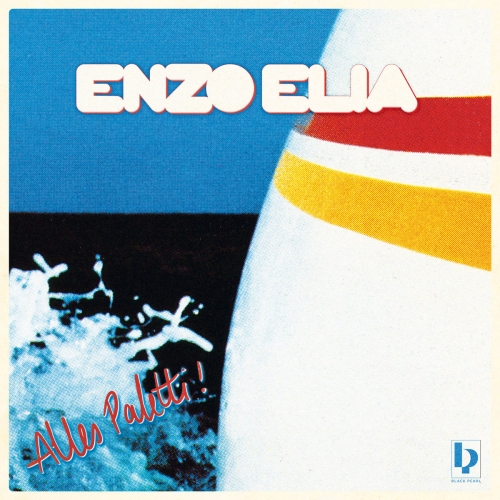
![Don Leisure - Tyrchu Sain (2025) [Hi-Res] Don Leisure - Tyrchu Sain (2025) [Hi-Res]](https://img.israbox.com/img/2026-01/04/epbxk5c8k5btdm0b5lcbgojkt.jpg)
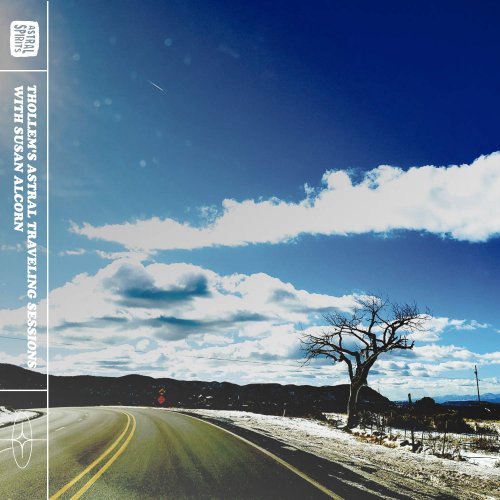
![Marlon Duncan & Bobby Gertund - First Morning Light (2026) [Hi-Res] Marlon Duncan & Bobby Gertund - First Morning Light (2026) [Hi-Res]](https://www.dibpic.com/uploads/posts/2026-01/1767778015_cover.jpg)
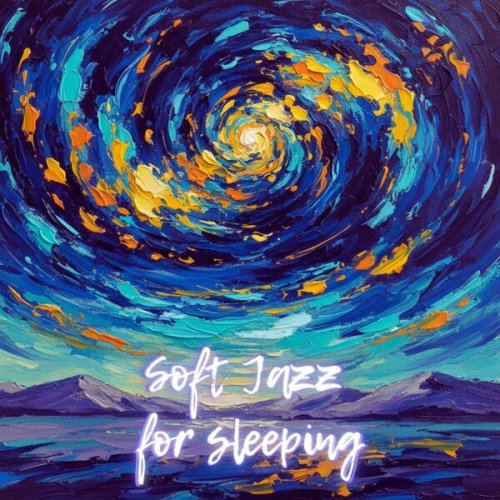


![lausse the cat - The Mocking Stars (2025) [Hi-Res] lausse the cat - The Mocking Stars (2025) [Hi-Res]](https://img.israbox.com/img/2026-01/05/rh2wlnelai6cos1524etsgxzh.jpg)